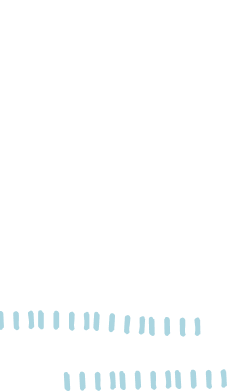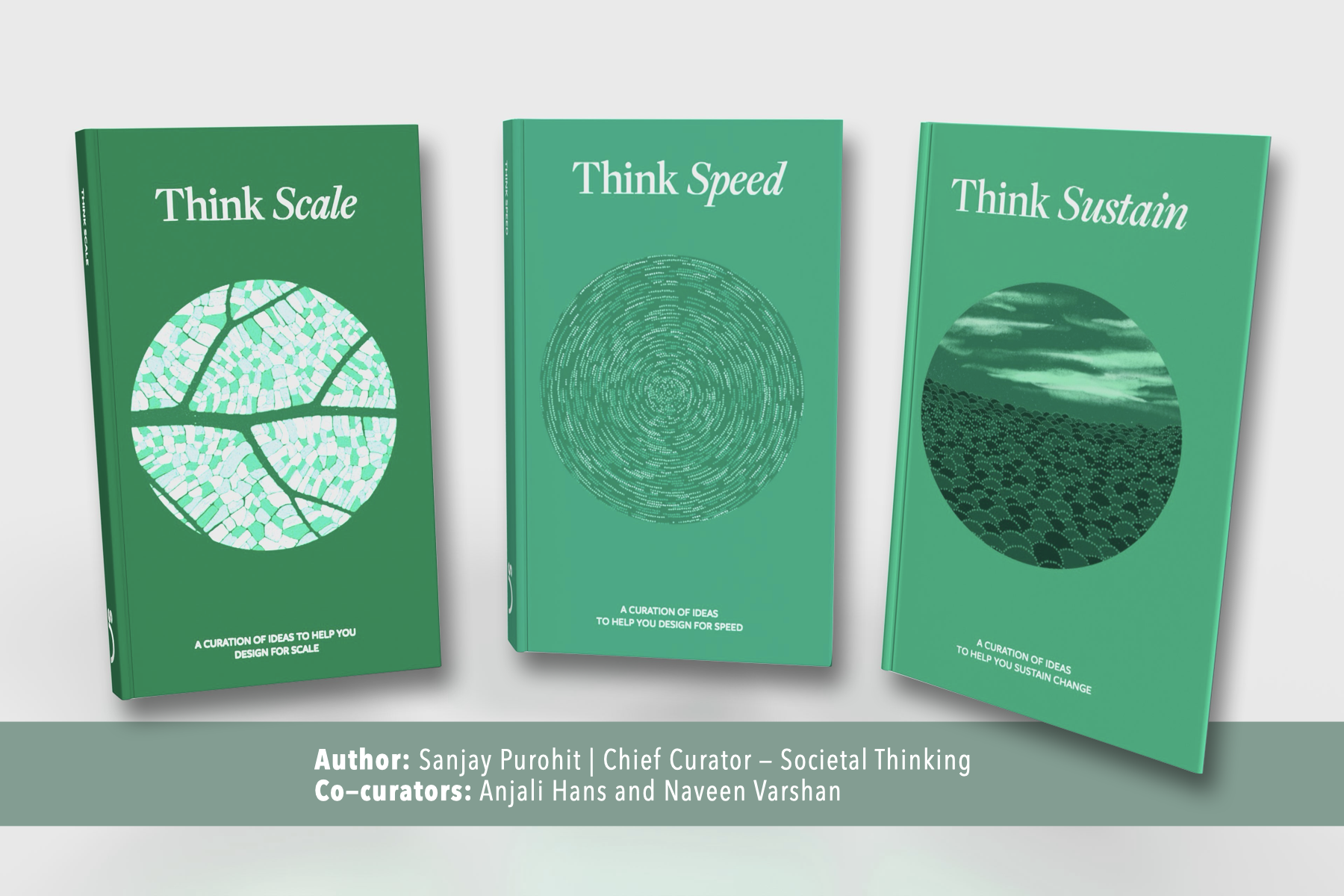(Image courtesy: iECHO)
How it all began
Nearly 20 years ago, Dr Sanjeev Arora met a 43-year-old patient suffering from Hepatitis C. She had been diagnosed 8 years before she sought treatment. Dr Arora asked her why she had waited so long. She explained her circumstances – the doctor in her community didn’t have the expertise to treat Hepatitis C and, as a working single mother of two children, she pushed off travelling 5 hours to Albuquerque until her abdominal pain became unbearable.
6 months later, she succumbed to a curable disease.
Her story paved the way for distributing the ability to impart and apply medical expertise in Project ECHO (Extension for Community Health Outcomes).
What’s Project ECHO all about?
Project ECHO set out to solve the problem of billions of people lacking access to high-quality timely healthcare. Dr Arora realised that the right knowledge isn’t making it to the right place at the right time to treat diseases and save lives. This, especially when so much medical knowledge has been created in the last 100 years and even more knowledge will be created in the next 50 years than ever before!
Project ECHO enables experts to share their knowledge with community healthcare workers everywhere. This way, community healthcare workers acquire essential knowledge and skills to provide high-quality care to patients who cannot otherwise access it. Project ECHO moves knowledge, not patients. The ECHO model goes beyond traditional telemedicine, i.e., one provider connecting with one patient at a time, by creating a virtual connection between a specialist hub team and learners at multiple primary care sites. This way, community healthcare workers seeking specialty knowledge gain access to a range of perspectives and expertise in real time. Project ECHO increases access to high-quality care and democratises specialised medical knowledge for the benefit of all patients, everywhere.
Project ECHO’s ‘All teach all learn’ model can effectively weave networks where every participant adds and gains knowledge. Tapping into experts and communities alike to transfer timely and relevant medical knowledge, the ECHO model has immense potential for virality.
In 2019, Project ECHO set a vision of improving the lives of 1 billion people around the world by December 2025. Project ECHO realised they needed more – a model that reduces barriers to entry, is flexible and can empower any partner who wants to use it for solving their contextual problems. They needed to build a movement. Click To Tweet
Travelling with Societal Thinking
Societal Thinking and Project ECHO are coming together to reimagine the ECHO model as a Societal Platform: iECHO.
iECHO aims to improve overall health outcomes by establishing a repository of knowledge that can be accessed anywhere, anytime, and make connections between healthcare providers. Achieving this, we realised, would need leveraging exponential technology to create a database of knowledge around what is being talked about and experts. This will create a digital network of doctors who can use as well as contribute to the collective wisdom on iECHO. Moreover, while the ECHO model effortlessly sparks interaction between hubs and spokes, together, we envision improving actions by enabling:
- Interactions at scale by adding focus on how spokes engage with each in addition to the hub-to-spoke interaction
- Deeper and more effective communication between practitioners and participants
- New connections, especially those which would have been made otherwise
iECHO has the potential to transform healthcare for all. More so, the model opens up space for even more co-creation outside of healthcare. It can be used to solve problems in many other domains such as Education. This is just the beginning of Project ECHO and Societal Thinking’s journey.
 Back
Back


